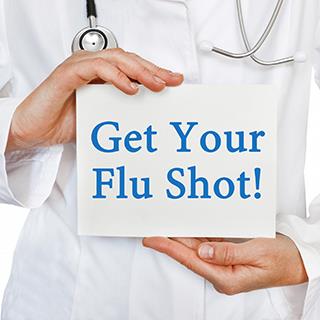
Public health efforts are needed to increase flu vaccination among those with heart disease, based on a recent paper that highlights the link between the flu vaccine and reduced risk for heart attack.
Published in the British medical journal Heart, this paper reviewed existing evidence between the flu and cardiovascular risk. According to authors, while the flu is linked to a number of cardiovascular complications, data is most consistent when it comes to heart attack. A wealth of studies shows that heart attack risk is significantly increased within days of contracting the flu, and risk remains elevated for up to a year. Risk for heart attack is especially high among patients with heart disease, who already have increased risk for heart events, including stroke.
The good news is that the flu vaccine helps protect against heart events, reducing risk for heart attack by 19–45%. To help put it in perspective, authors explain that the flu shot is equally as if not more effective than other therapies proven to reduce cardiovascular risk. For example, quitting smoking reduces risk for heart attack by 32–43%, while blood pressure and cholesterol-lowering medications help lower heart attack risk by up to 25–30%.
The problem is that while quitting smoking and medications are widely used for heart disease management, the flu vaccine is not. Despite guidelines recommending the flu vaccine for all patients with heart disease, studies show that only 30% of heart disease patients under 65 get the flu shot.
With flu season well on its way, experts once again highlight the importance of the flu shot for those with heart disease. According to authors, the flu vaccine should be viewed as an integral part of heart disease management, right alongside a healthy lifestyle and medications, when necessary. Thus, patients should be educated about the potential benefits of the flu shot and encouraged to incorporate it into their treatment plan.
To achieve this, authors believe it’s essential that patients and providers change the way they view the flu shot. Rather than viewing the vaccine as a means for preventing the flu, we should begin to view the flu shot as a way to help prevent heart attack—a potentially life-threatening heart event that affects 735,000 Americans each year.